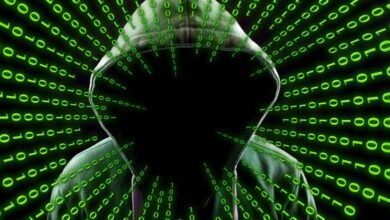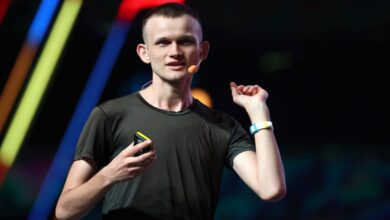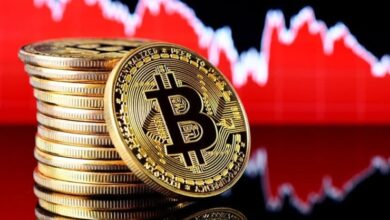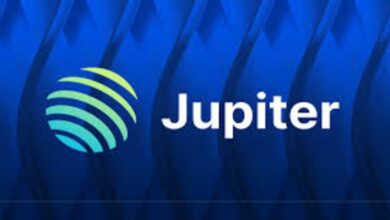TRON Founder Justin Sun Becomes Liberland’s Prime Minister
Sun's victory, announced on Liberland's official website, emerged from a blockchain-based voting process overseen by the state's seven-member congress, representing approximately 1,000 citizens.
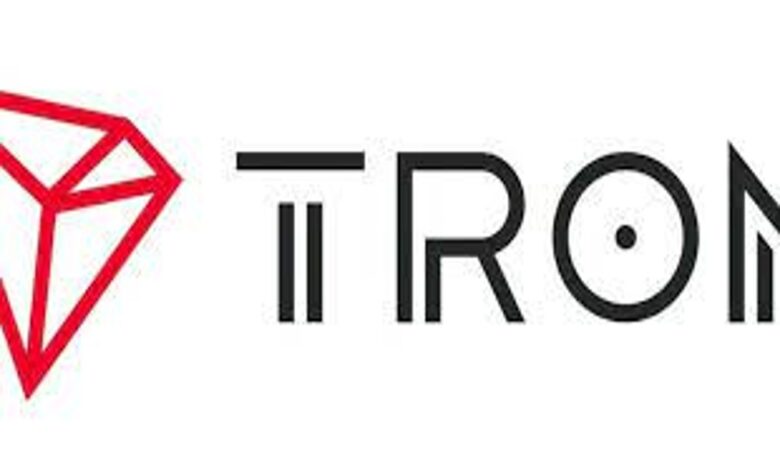
Justin Sun, founder of the TRON blockchain platform, is the new prime minister of Liberland.
This self-proclaimed, libertarian-leaning nation, situated on the Croatian side of the Danube River, boasts a unique system of governance, heavily reliant on blockchain technology and cryptocurrency.
Sun’s victory, announced on Liberland’s official website, emerged from a blockchain-based voting process overseen by the state’s seven-member congress, representing approximately 1,000 citizens.
He succeeds Vít Jedlička, the Czech politician who founded Liberland in 2015 and inherits a nation that has carved a niche for itself as a haven of individual freedom and minimal government interference.
Sun’s campaign centered around a vision for Liberland as “the heart of the libertarian movement,” echoing the significance of Vatican City within the Catholic faith. He further highlighted his experience in international governance, having served as Grenada’s representative at the World Trade Organization from 2021 to 2023.
Moreover, Sun aims to leverage this experience to demonstrate the viability of small, decentralized governance, not just within Liberland, but as a potential model for other nations.
Justin Sun Election Echoes El Salvador
Liberland’s economic landscape reflects its libertarian principles. With 99% of its reserves held in Bitcoin, it maintains a tax-free environment and champions individual liberty. It has its currency, the Liberland dollar token ($LLD), traded on decentralized exchanges, adding another layer to its unique economic system.
However, Liberland’s existence remains precarious. Its status as an unrecognized state, challenged by neighboring Croatia and Serbia, has hindered its international legitimacy.
Despite this, the nation has garnered support from prominent libertarians like Javier Milei, the libertarian president of Argentina, and has managed to sustain itself through donations and limited sales of passports and stamps. While claiming to have permanent residents, Liberland’s population largely consists of campers and boat dwellers.
Sun’s leadership presents an opportunity for Liberland to elevate its profile and seek recognition from nations like Argentina and El Salvador, which have shown a willingness to embrace blockchain technology and cryptocurrency.
The Tron owner’s expertise in the blockchain space, coupled with his international experience, may be the catalyst for Liberland to overcome its current challenges and solidify its place on the world stage. Only time will tell if Sun’s vision for Liberland will come to fruition, or if the micro-nation will remain a fascinating, yet tenuous, experiment in decentralized governance.

